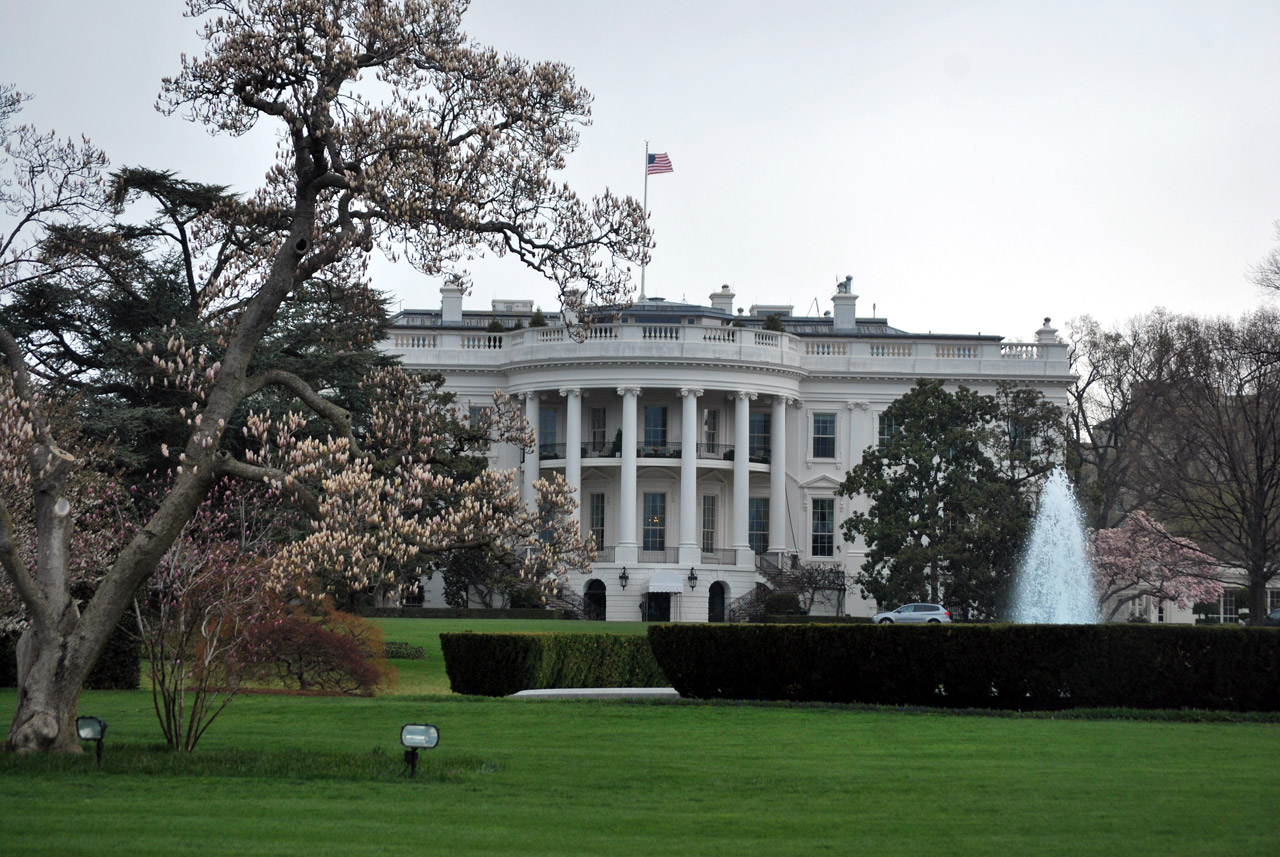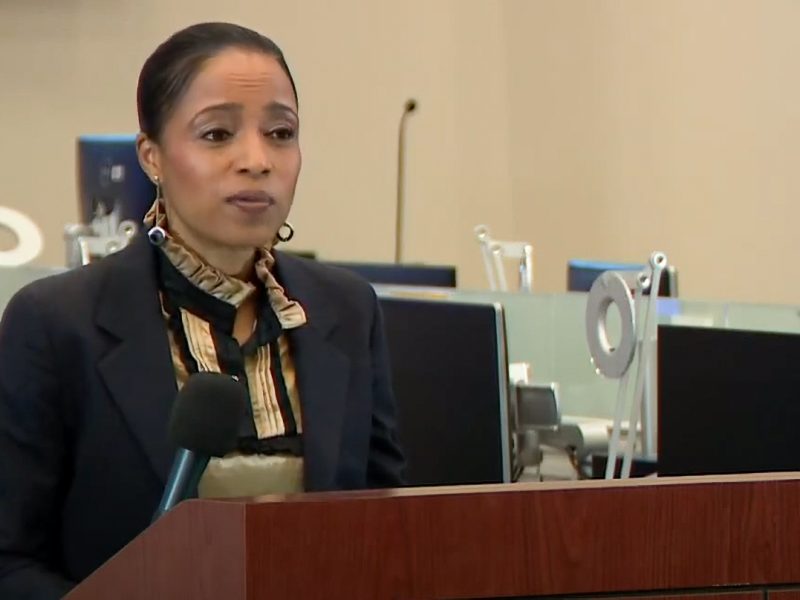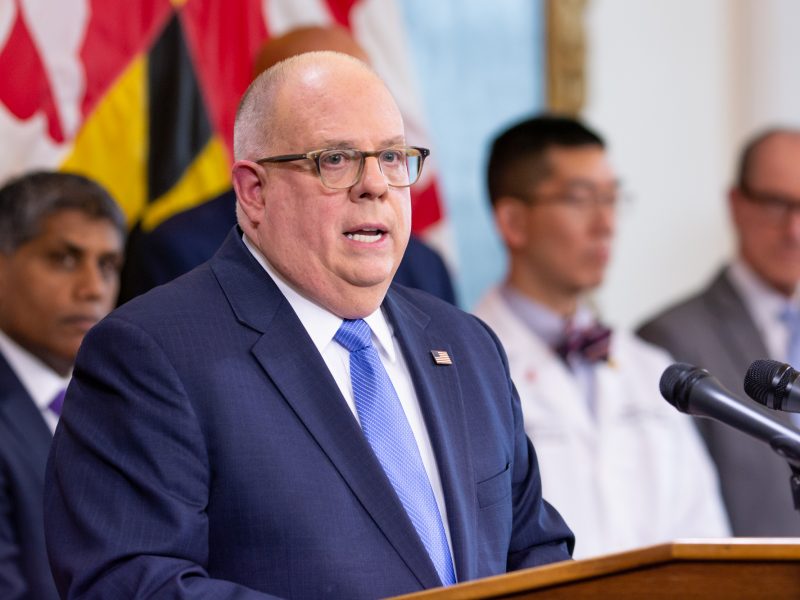The White House is honoring Robert Fischell, a scientist and inventor whose 2005 donation established the University of Maryland’s Fischell Department of Bioengineering, with the National Medal of Technology and Innovation for his work developing medical devices.
The award “recognizes those who have made lasting contributions to America’s competitiveness and quality of life and helped strengthen the Nation’s technological workforce,” according to a White House news release.
This year’s honorees, as well as those receiving the National Medal of Science, were announced Tuesday and will be honored in an official ceremony early next year. Fischell is one of eight National Medal of Technology and Innovation recipients.
“It’s quite an honor, and I’m very flattered to have received it,” said Fischell, a university alumnus who now serves as a non-tenured faculty member and occasionally teaches.
Bala Balachandran, chairman of the university’s mechanical engineering department, noted he was delighted to learn that Fischell would be receiving this honor.
“This honor is first for a faculty member of the Clark School of Engineering and reflects well on the caliber of faculty that we have on this campus,” Balachandran wrote in an email. “No doubt, [Fischell] is a terrific creative force, who continues to be an inspiration for our faculty, staff, and students.”
READ MORE: A. James Clark Hall construction to continue progress this fall
Fischell is a “prolific inventor, whose patents and inventions have had a significant impact on a remarkable range of devices and systems, ranging from satellites to medical devices,” Balachandran wrote.
Fischell holds more than 200 U.S. and foreign patents for various technologies, including several medical and biomedical devices. Beyond his inventions, Fischell is also a founder of Angel Medical Systems Inc., which launched in 2001 and specializes in cardiac medical devices.
The Medal of Technology and Innovation, Fischell said, recognizes the work he has done in the field of medical devices. He previously worked in the space arena, holding about 30 U.S. patents for his work on satellites. But he said his interest in developing medical technologies started about 45 years ago, when he read in an advertisement that implantable heart pacemakers could only last about 14 months.
“I thought that if I could make a rechargeable heart pacemaker, it could last patients a lifetime,” he said. “That’s when I really became motivated to begin working in medical devices.”
Ever since, Fischell has dedicated much of his career to inventing and improving medical technologies. For example, he said, he is proud to be the lead inventor of the first coronary heart stent designed to be extremely flexible, so a doctor could implant it into any artery of the human heart.
“My devices have now been used in about 25 to 30 million people throughout the world,” he said. “That’s quite a lot of people.”
He said he plans to keep working and finding ways to help people for many years to come.
Currently, he said, he is “thrilled” to be working with the Fischell Department and the Robert E. Fischell Institute for Biomedical Devices to hopefully continue to make some “great new devices to help mankind.”
READ MORE: UMD researchers and US Army develop water-based battery
“We are working actively now, at the university, on new device that creates intense magnetic pulses to help eliminate pain … without the use of any drugs or surgery,” Fischell said.
Fischell has received several other awards and honors throughout his career. He is a member of the National Academy of Engineering and was inducted into the Space Technology Hall of Fame by the U.S. Space Foundation in 1988.
“I enjoy what I do. There’s a great deal of satisfaction in it,” he said. “And getting this award from the president is sort of the highlight of the enjoyment I get out of doing this work and helping people all around the world.”



